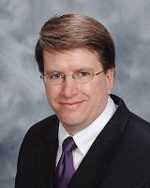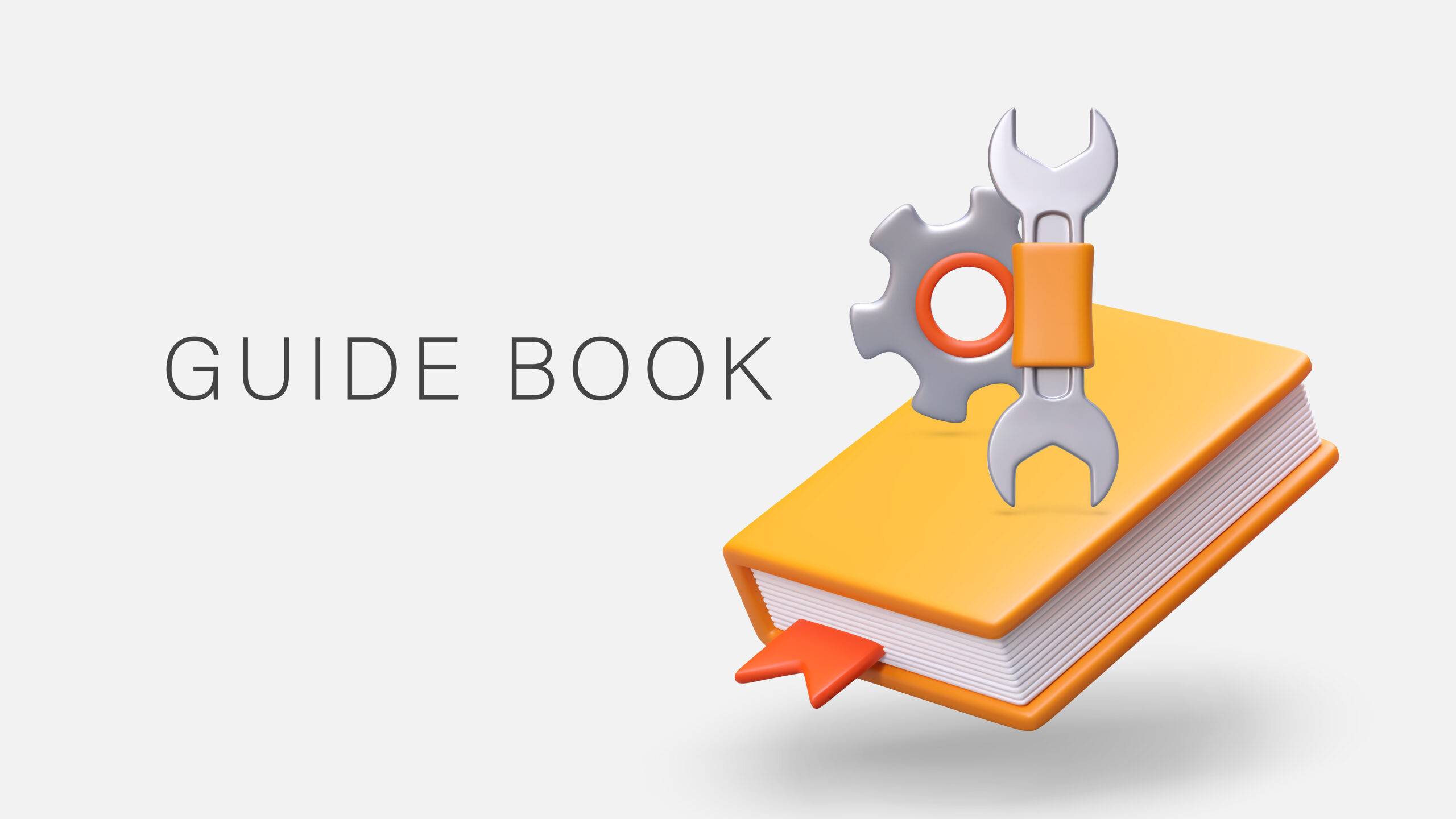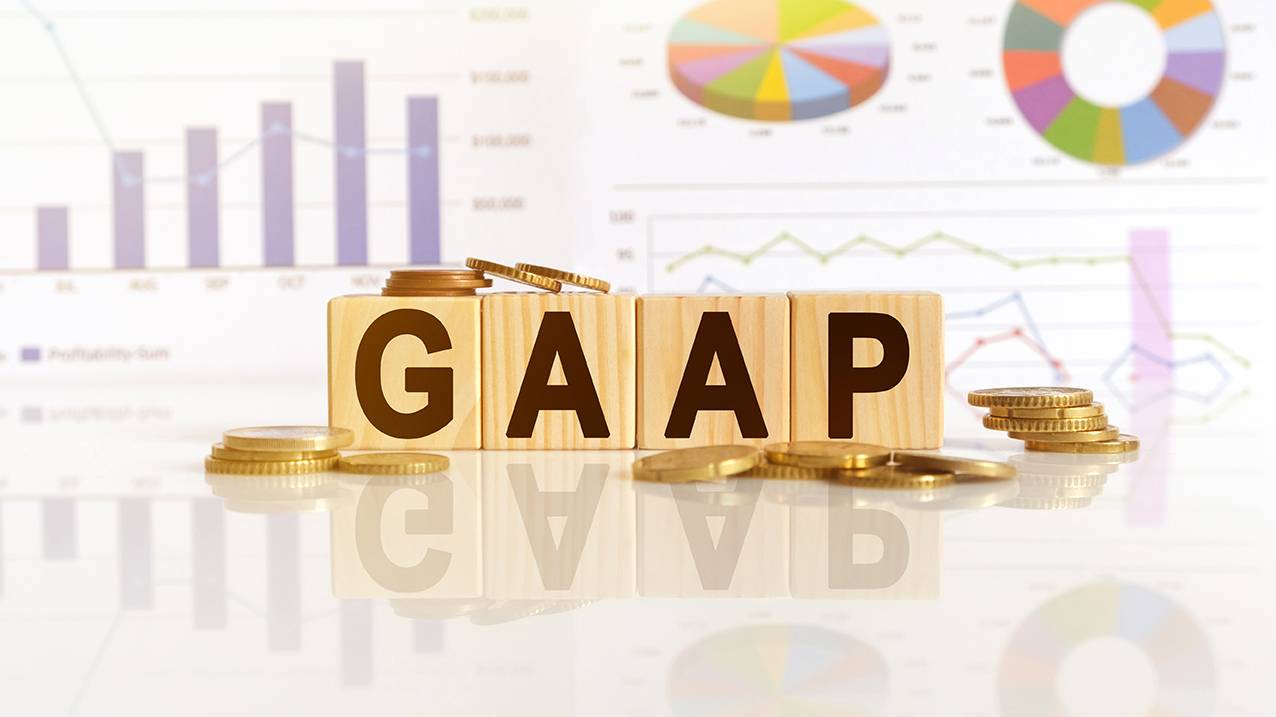Self-Study
IFRS in the USA: An Implementation Guide
Explore IFRS fundamentals, standard-setting processes, and key differences from U.S. GAAP to understand the global shift in financial reporting and its business impact.

$174.00 – $204.00Price range: $174.00 through $204.00
Webcasts are available for viewing Monday – Friday, 8am – 8pm ET,
and Saturday & Sunday, 10am – 6pm ET.
Without FlexCast, you must start with enough time to finish. (1 Hr/Credit)
Please fill out the form below and we will reach out as soon as possible.
CPE Credits
6 Credits: Accounting
Course Level
Overview
Format
Self-Study
Course Description
International Financial Reporting Standards (“IFRS”) represents the international alternative to U.S. Generally Accepted Accounting Principles. Most of the world already communicates with investors and stakeholders about corporate financial performance in the language of IFRS. The International Accounting Standards Board (IASB) and their U.S. equivalent (the FASB) have made commitments towards the convergence of U.S. GAAP and IFRS and are working to eliminate as many differences between the two Standards as possible.
IFRS in the USA: An Implementation Guide provides an introductory overview of International Financial Reporting Standards, including detailed discussions of the impact that adopting IFRS will have on businesses. This IRFS accounting course also includes comprehensive reviews of the IASB structure and its standard-setting process, the basic framework that serves as the foundation for IFRS and the differences that exist between U.S. GAAP and IFRS.
Need Flexibility?
Purchase now, choose later. Your credits are ready whenever you find the perfect courses for you.
Learning Objectives
After completing this course, you will be able to:
- Define “IFRS”.
- Identify the roles that each governing body serves within the IASB Structure.
- Recognize practices consistent with the due process followed by the IASB when developing and issuing IFRS.
- Identify financial reports that are within the scope of the IASB Framework
- Recognize practices that are consistent with the underlying assumptions and qualitative characteristics of financial statements prepared in accordance with the IASB Framework.
- Identify the general purpose financial statements required under IFRS and recognize the characteristics of each statement.
- Identify and classify the various elements of IFRS financial statements.
- Identify the various similarities and differences that exist between IFRS and U.S. GAAP.
- Recognize specific areas of divergence that exist between the two principles.
- Recognize scenarios that require different accounting treatments under IFRS and U.S. GAAP.
- Recognize the objectives of the IASB/FASB“convergence” project.
- Identify the goals of the various joint convergenceprojects conducted by the IASB and FASB.
- Identify accounting practices that are consistent with the new financial statements presentation format (as proposed by the IASB and FASB).
- Recognize practices that are consistent with the authoritative guidance on preparing a company’s first set of IFRS financial statements (as outlined in IFRS 1).
- Recognize various costs and benefits associated with adopting IFRS.
Course Specifics
122295794
August 31, 2022
There are no prerequisites.
None
136
Compliance Information
CMA Notice: Western CPE makes every attempt to maintain our CMA CPE library, to ensure a course meets your continuing education requirements please visit Insitute of Management Accountants (IMA)
CFP Notice: Not all courses that qualify for CFP® credit are registered by Western CPE. If a course does not have a CFP registration number in the compliance section, the continuing education will need to be individually reported with the CFP Board. For more information on the reporting process, required documentation, processing fee, etc., contact the CFP Board. CFP Professionals must take each course in it’s entirety, the CFP Board DOES NOT accept partial credits for courses.
Meet The Experts

Michael J. Walker, CPA, is based in New England and has decades of accounting experience in the financial services, information technology services, and construction industries. He has an extensive technical accounting background that includes hands-on experience with U.S. GAAP and International Financial Reporting Standards (IFRS). His expertise includes accounting for financial instruments, securitizations, and other banking products. He graduated from Bentley University with a BS in finance and an MS in accountancy.



